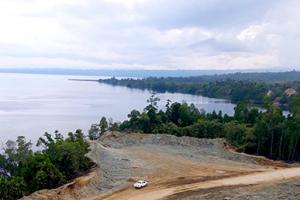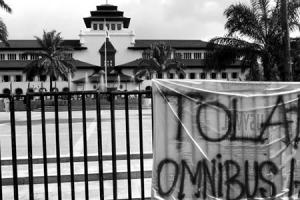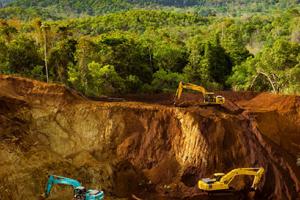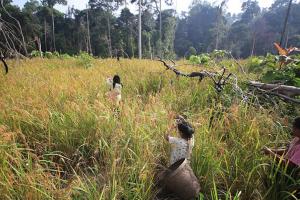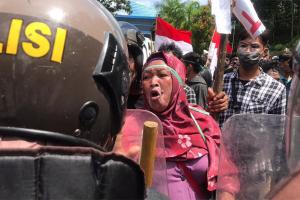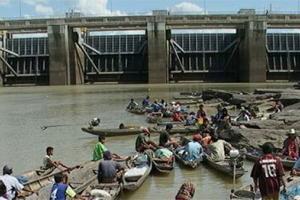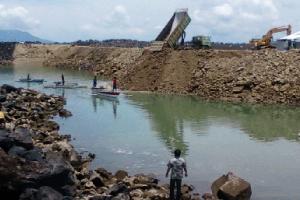Large-Scale Mining
Fueled by ever-increasing demand and the boom-and-bust cycles of global commodity markets, large-scale mining destroys forests and pollutes soil, air and water. Violent conflicts, sexual exploitation, criminalization and displacement of communities living in forests destroyed for mining, are examples of social impacts that are inherently linked with the mining industry.
Electric cars have become the symbol of the ‘low carbon’ economy. As an item of consumption first and foremost for the wealthy, the negative impacts of the required minerals and metals that are extracted are frequently downplayed.
The government of Indonesia endorsed the criticized Omnibus Law by saying that it is “crucial to attract investment and ultimately create jobs.” The Law is a direct attack on the territories and communities resisting the increasing destruction that has been ongoing for decades in Indonesia. (Available in Indonesian).
How does REDD+ fit into the development agenda in Indonesia? What are the actors involved in promoting REDD+ and with which interests? (Available in Indonesian).
The approval of a road construction inside the first Ecosystem Restoration Concession in Indonesia puts in evidence the inherent contradictions of such concessions. (Available in Indonesian)
This article highlights four trends that evidence how the mining industry continues to benefit from the Covid-19 pandemic while continuing its destruction throughout the archipelago. While corporate-oligarchs are hijacking democracy by perpetuating emergencies, a new dictatorship is being installed under the flag of mining capitalism. (Available in Indonesian).
Despite that most forest fires in Indonesia started within expanding oil palm plantation concession areas, companies are not being persecuted. (Available in Indonesian).

